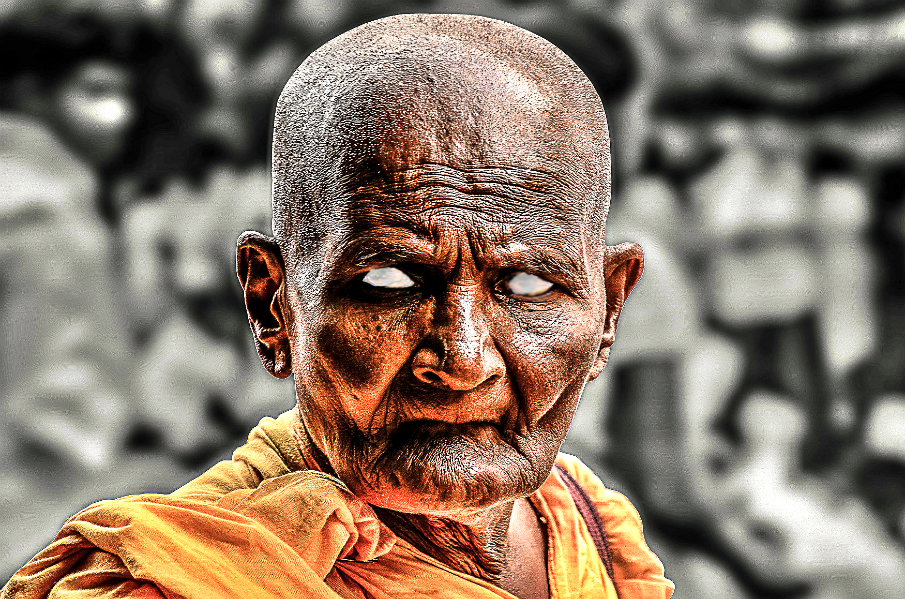Zen stories are often short, but full of wit and wisdom. They are a big part of what makes this tradition interesting and compelling.
It is through stories like these that we see another point of view, another way of seeing things, and another world we never knew existed.
Read on and be amazed how these 3 short zen stories will speak so deeply.
3 Short Zen Stories:
1. Nothing is permanent, everything changes.
“Suzuki Roshi, I’ve been listening to your lectures for years,” a student said during the question and answer time following a lecture, “but I just don’t understand. Could you just please put it in a nutshell? Can you reduce Buddhism to one phrase?”
Everyone laughed. Suzuki laughed.
“Everything changes,” he said. Then he asked for another question.
Life Lesson:
The growing plant, the dying tree, the changing seasons, the growing infant, the aging man, everything is changing with each ticking of the clock.
Our naked eye couldn’t see it, but everything around us is always changing.
Suffering comes when we fail to grasp this reality, especially when we attach to one particular thing or idea.
To live a peaceful life means we have to accept everything as it is, in an infinite state of becoming.
2. Everything is a point of perception.
Once upon the time, there was an old farmer who had worked his crops for many years. One day his horse ran away. Upon hearing the news, his neighbors came to visit. “Such bad luck,” they said sympathetically.
“Maybe,” the farmer replied.
The next morning the horse returned, bringing with it three other wild horses. “How wonderful,” the neighbors exclaimed.
“Maybe,” replied the old man.
The following day, his son tried to ride one of the untamed horses, was thrown, and broke his leg. The neighbors again came to offer their sympathy on his misfortune.
“Maybe,” answered the farmer.
The day after, military officials came to the village to draft young men into the army. Seeing that the son’s leg was broken, they passed him by. The neighbors congratulated the farmer on how well things had turned out.
“Maybe,” said the farmer.
Life Lesson:
Things happen for a reason. “Good” and “Bad”, “Positive” and “Negative” are just concepts of the human mind determined by the perception of the observer.
Everything is in a constant flux. It’s a giant wave.
No one really knows what the future holds: good or bad, luck or misfortune.
The coin always has two sides. So does life.
3. Before everything else, take care of yourself.
There was once a pair of acrobats. The teacher was a poor widower and the student was a young girl by the name of Meda. These acrobats performed each day on the streets in order to earn enough to eat.
Their act consisted of the teacher balancing a tall bamboo pole on his head while the little girl climbed slowly to the top. Once to the top, she remained there while the teacher walked along the ground.
Both performers had to maintain complete focus and balance in order to prevent any injury from occurring and to complete the performance. One day, the teacher said to the pupil:
‘Listen Meda, I will watch you and you watch me, so that we can help each other maintain concentration and balance and prevent an accident. Then we’ll surely earn enough to eat.’
But the little girl was wise, she answered, ‘Dear master, I think it would be better for each of us to watch ourself. To look after oneself means to look after both of us. That way I am sure we will avoid any accidents and earn enough to eat.’
Life Lesson:
The story best illustrates that the way to take care of others is by taking care of yourself.
By taking care and nourishing your spirit, mind, body and heart, you are able to create a positive impact on the world at large, just by existing.
Regardless of how you take care of yourself, others benefit from it greatly by the touch of your presence.
Source: https://buddhaimonia.com/blog/zen-stories-important-life-lessons;






